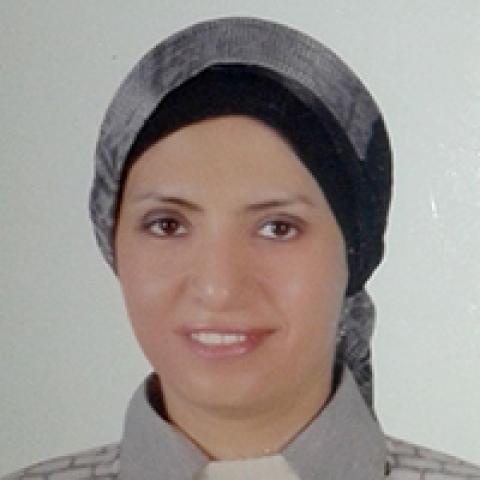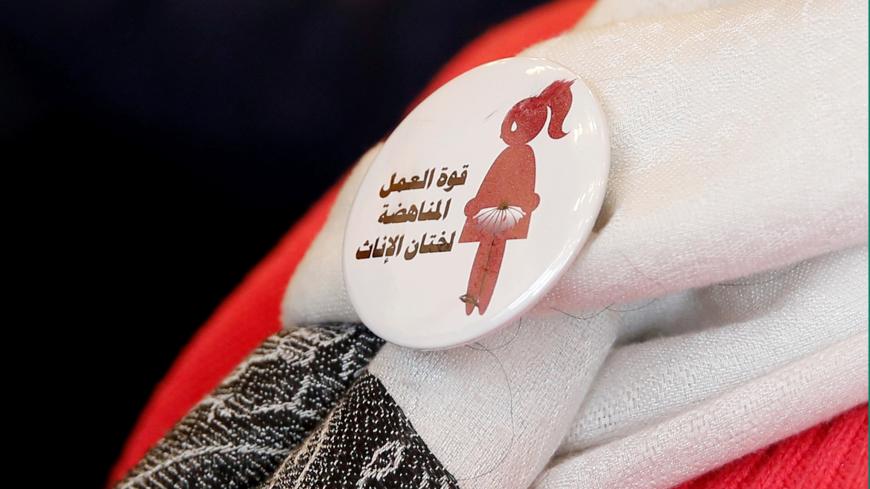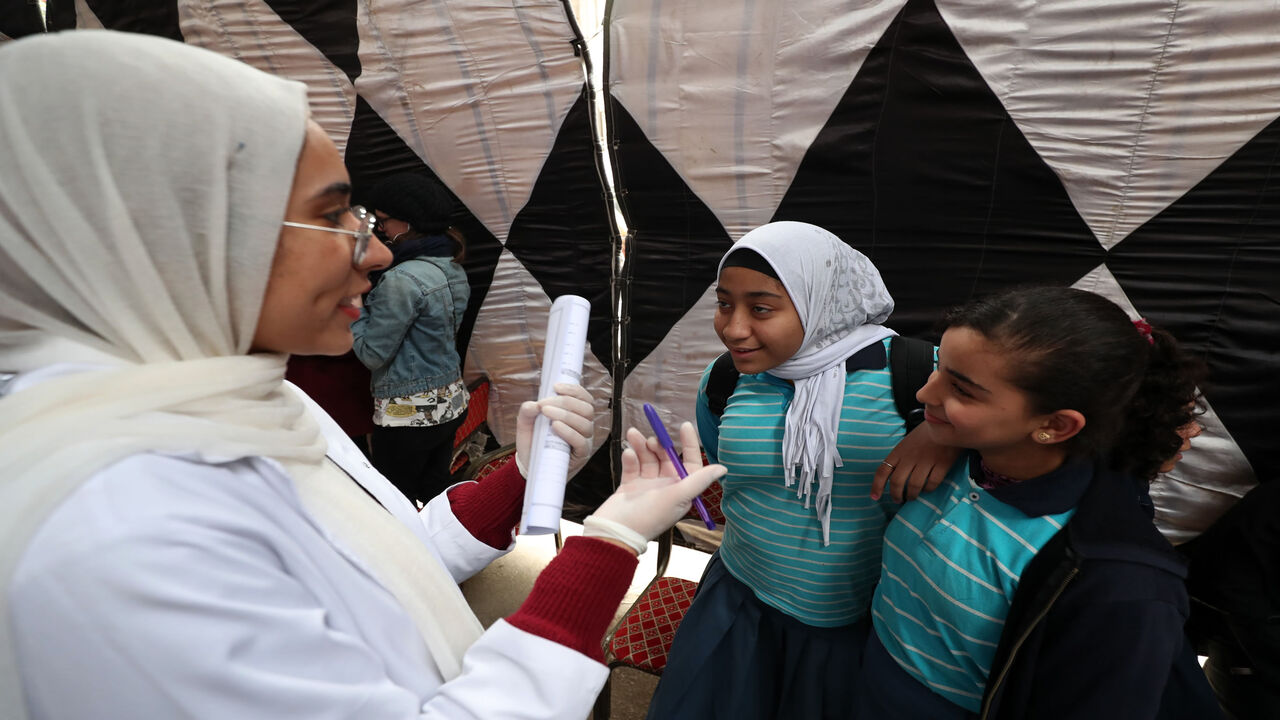

Why AL-Monitor?
AL-Monitor is an award-winning media outlet covering the Middle East, valued for its independence, diversity and analysis. It is read widely by US, international and Middle East decision makers at the highest levels, as well as by media, thought and business leaders and academia.
Read by









Live news & notifications

Premier analysis of the Middle East

Live events & video

Specialized Newsletters

Big, exclusive interviews

ALM archives since 2012

Subscribe for unlimited access
By becoming an Al-Monitor subscriber, you drive our team’s rigorous and independent journalism spanning the Middle East.
Continue

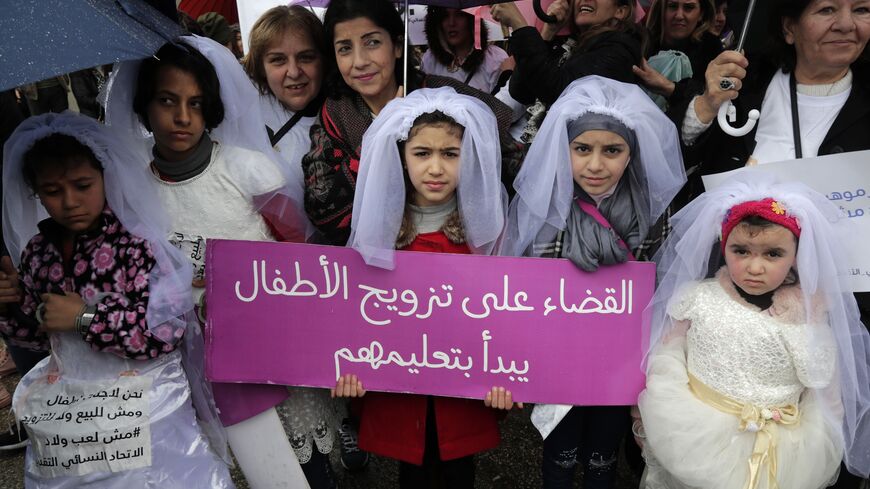
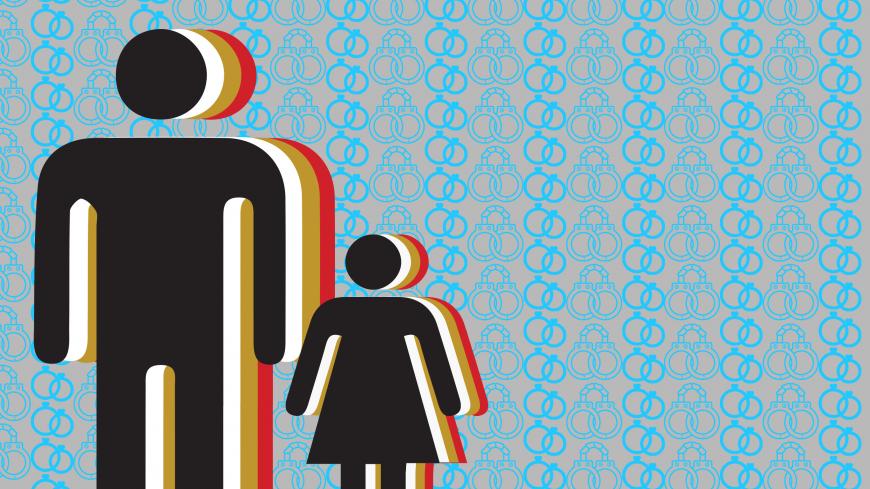

![- PHOTO TAKEN 13JUN06 -
A counsellor holds up cards used to educate women about female genital mutilation (FGM) in Minia June 13, 2006. The practice of FGM dates back over two thousand years in Egypt and is widely practiced in all levels of society for [Muslims and Christians] alike. [Many organizations like UNICEF] have funded programs to help educate people about the risks and dangers of FGM in order to change people's opinions on this procedure which is seen by many as a necessary social norm. Picture ta](/sites/default/files/styles/article_header/public/almpics/2016/09/RTXOQUZ.jpg/RTXOQUZ.jpg?h=f7822858&itok=twIKQu17)
